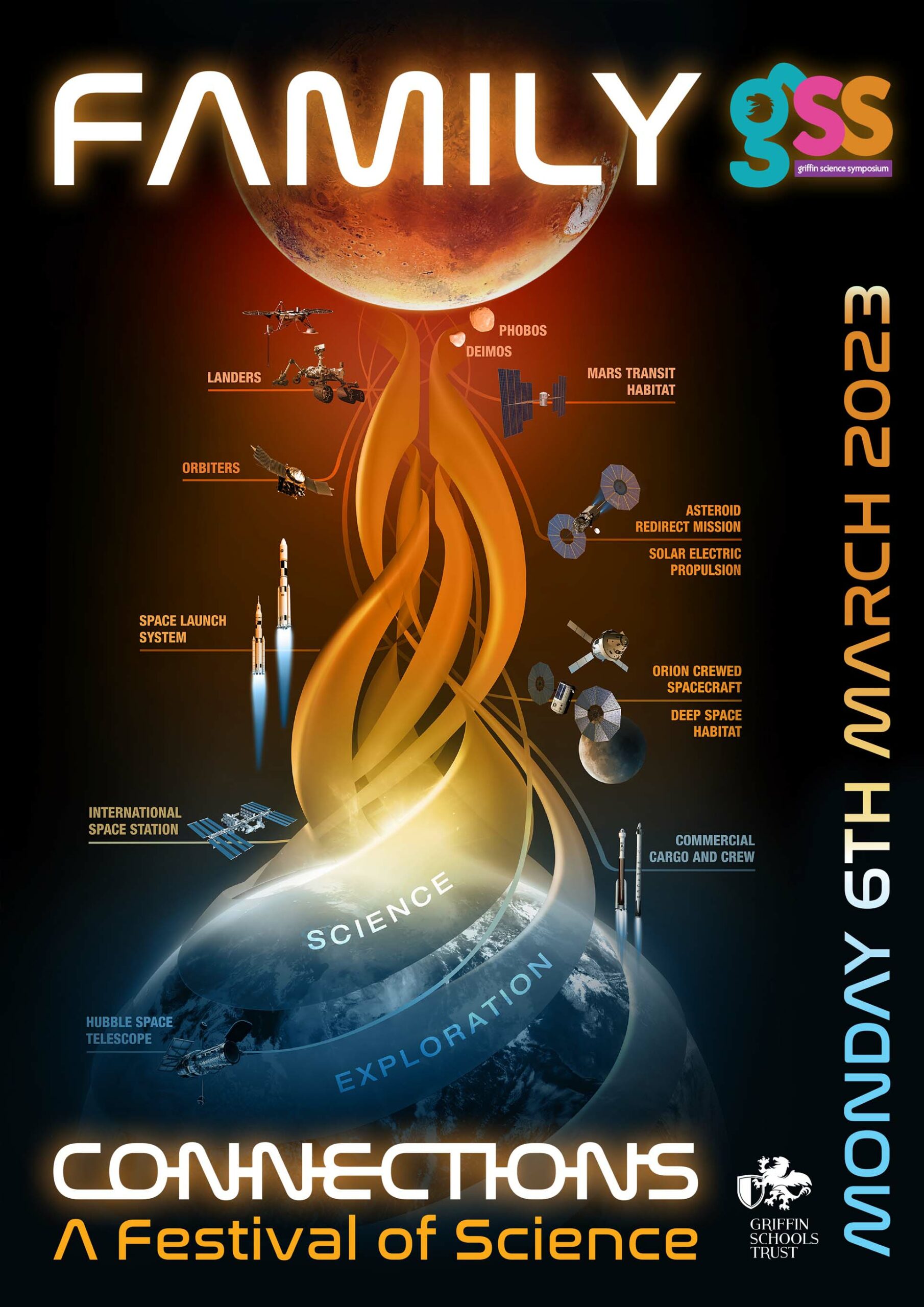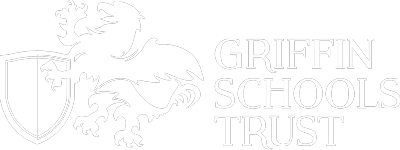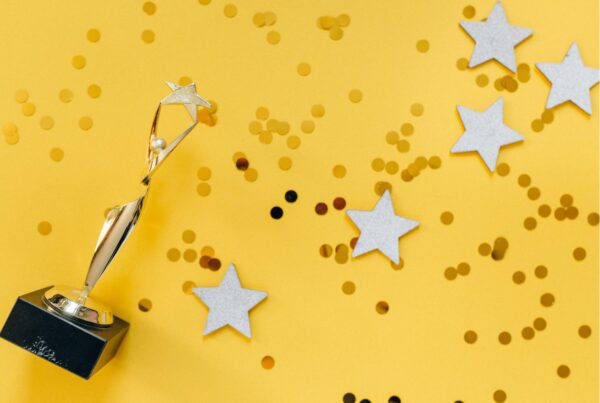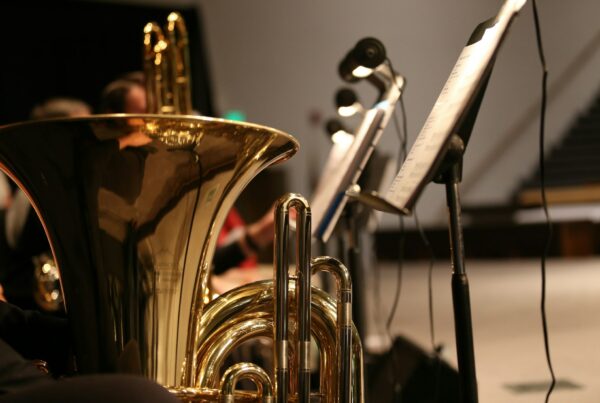The ‘launch’ of the 7th annual Griffin Science Symposium ‘rocket’ has transported our Y6 and Y7 pupils on a voyage of discovery into our solar system, including Earth, the Moon, Mars, Jupiter and beyond. Our Trust theme of Family, with a science focus on connections, was fully explored; the need to collaborate (with colleagues, different countries and governments) on projects is an essential component of success.

On Monday 6th March the symposium started with our Ask a Scientist event, opened by our keynote speaker, Dr Anne Edwards from the John Innes Centre. Dr Edwards was joined by Dr Raymond E. Arvidson, a member of the Earth and Planetary Remote Sensing Laboratory (EPRSL) involved in a number of NASA missions, including Mars Viking Landers and the Mars Science Laboratory (Curiosity Rover) and the Mars 2020 Rover Mission; ‘humans on Mars is maybe 20 or 30 years from now,” Dr Arvidson says. “It’s a place that we can get to, and it has scientific bonanzas yet to be discovered’.
We were also very pleased to welcome other distinguished scientists to our panel:
Dr Alice Dunford is a science communicator based at The Open University. Her research career began in Physics with interests in Quantum mechanics, renewable energy and astronomy. Ultimately her love of space won, and her research shifted towards developing and testing image sensors for cameras that will be launched into space; Dr Lucy Foulston, a molecular biologist and Senior Director of Microbial Engineering at Gingko Bioworks, Cambridge, Massachusetts, USA; and also two current PhD students from the John Innes Centre, Zhouqian Jiang and Magdalena Brandner, both involved plant research.
The scientists were interviewed by students in Y6 who presented our guests with probing questions about their work, their own science journeys and their opinions on the future of scientific discovery. Press play below to watch the session.
Dr Dunford completed our science focused week with live workshop and Q&A sessions for Y6 and Y7 pupils on Lunar formation, geology and other aspects of space science, Through the Lens, the building and testing of space cameras and the technology behind space missions and the upcoming Jupiter mission.
Our pupils were inspired by and completely engaged with the information presented – the vast amount of questions being posed by them is a testament to this – and what they have learned and thought about will now inform their own scientific explorations in school. Our Science Leads have shared the ambitious and creative STEM activities planned for the remainder of GSS 2023; we look forward to seeing the outcomes and the competition entries later in the term.
Anne Powell, Chief Executive of Griffin Schools Trust, commented,
‘The Griffin Science Symposium was founded to encourage curiosity and creative thinking in our young Griffin Scientists. Previous years have confirmed the positive impact of a week-long focus on STEM, and we expect further great opportunities as a result of this year’s activities’.






